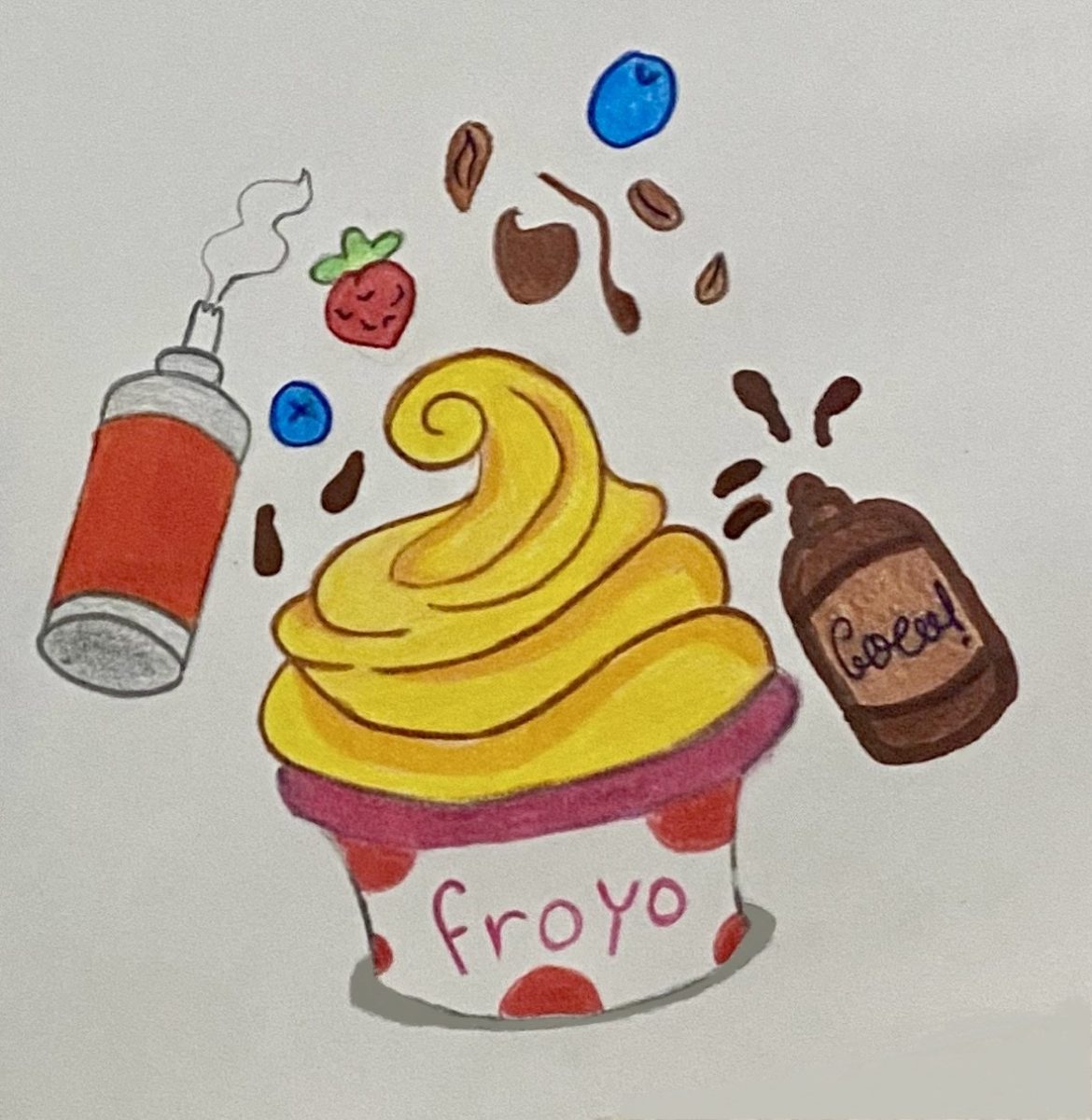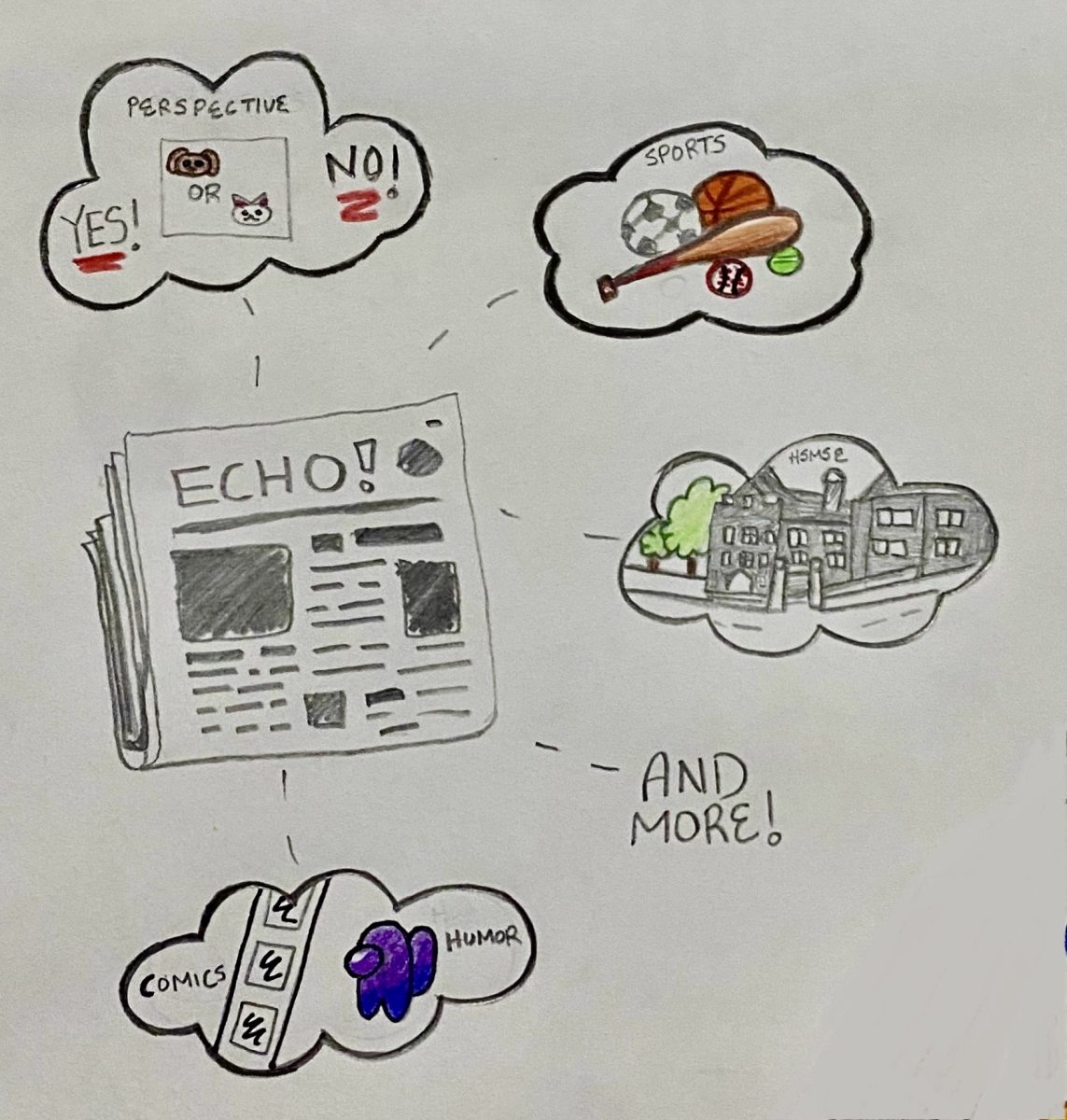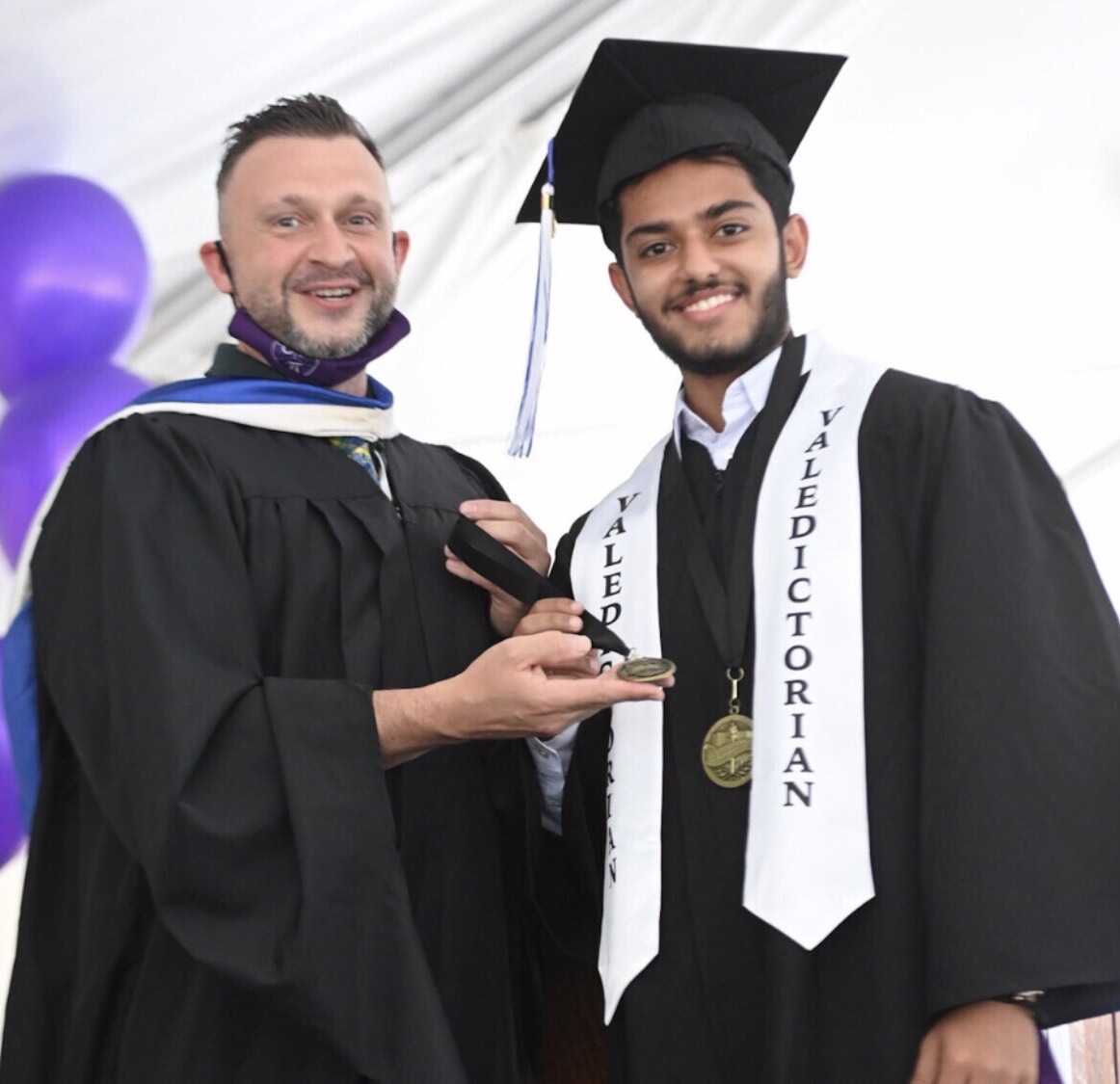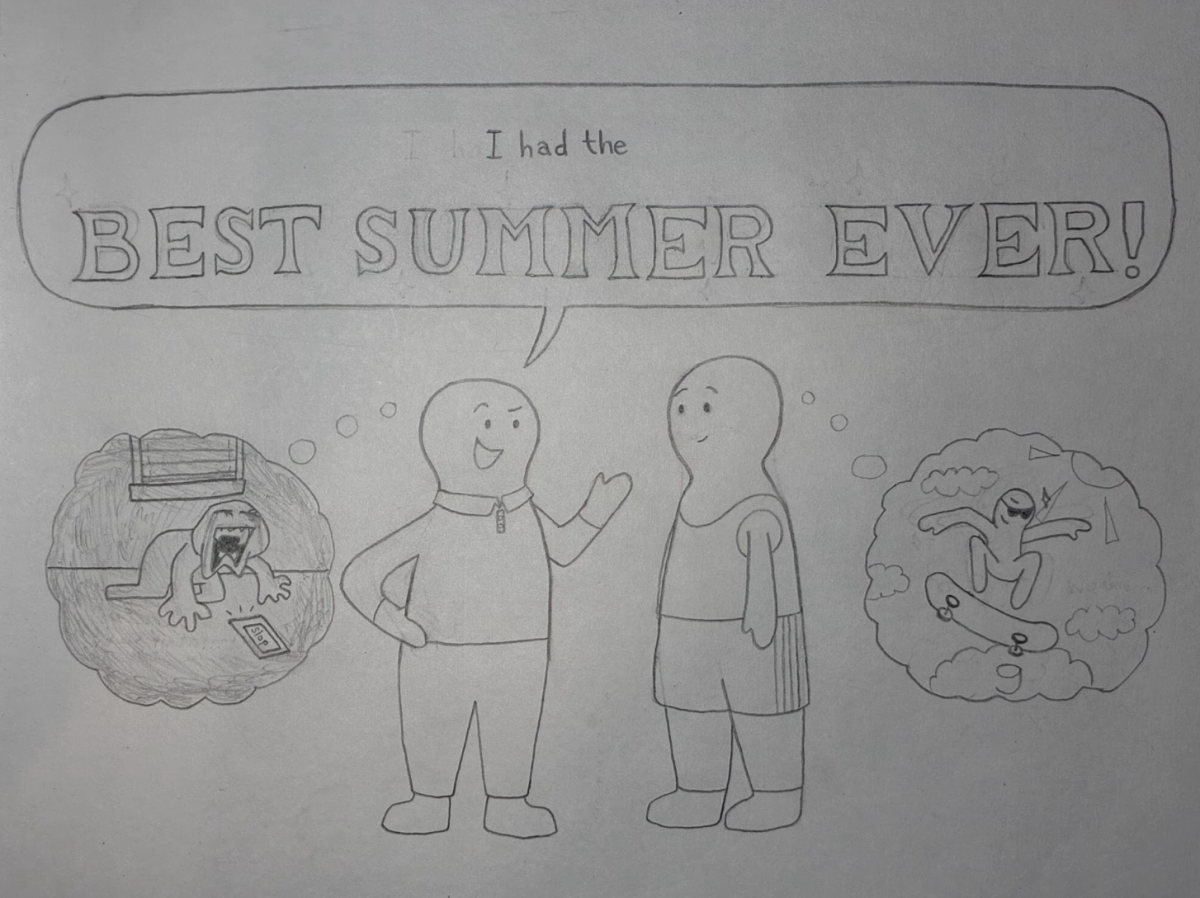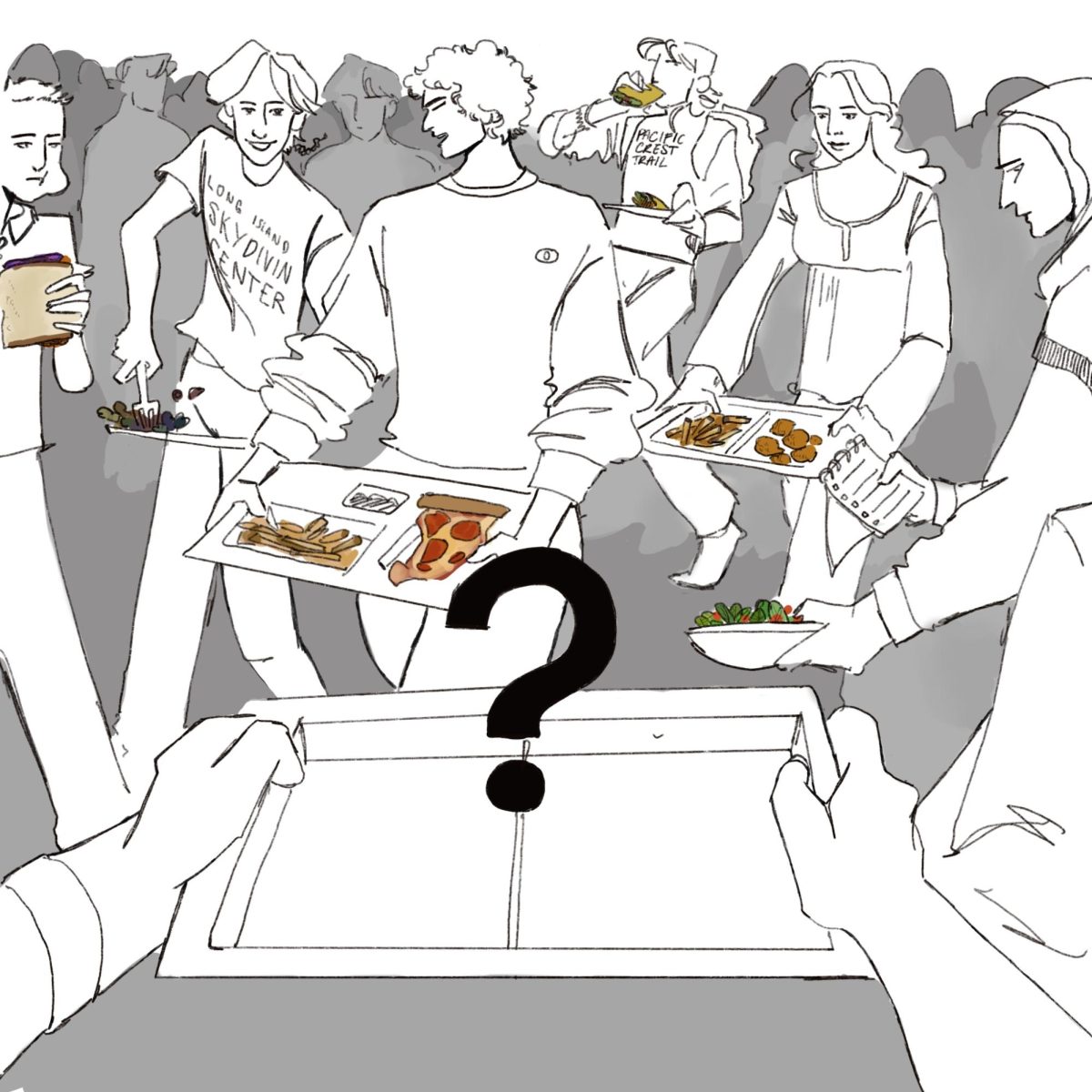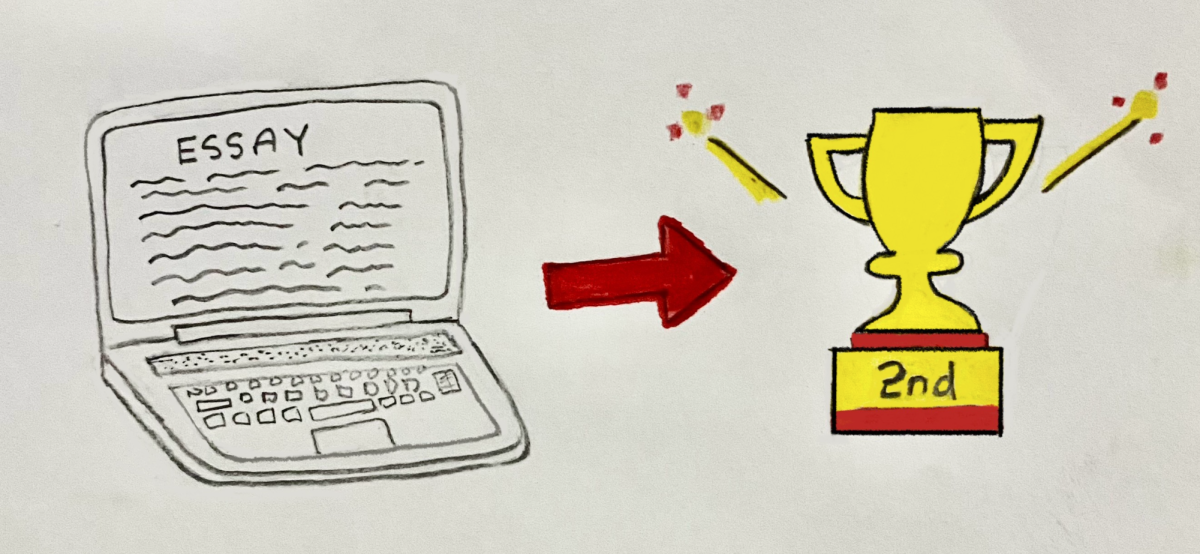Many times throughout the school year I’ve told myself that I should eat healthier. But just as quickly as the idea comes, I buy yet another slice of pizza from Uncle Tony’s right across the street from school. With so many unhealthy options in the city, it’s hard to get on the right track, especially when preoccupied with assignments and studying. Summer, though, introduces a wonderful opportunity to focus on our health. It’s essential that we use this time to prioritize our health and make long-lasting habits that’ll allow us to feel stronger, both mentally and physically.
Immediately though are many misconceptions that come up when discussing our health, especially as teenagers. While we all know that our bodies need certain nutrients to function – vitamins, minerals, fats, etc. – many of the sources we turn to to tell us how to eat are incorrect. Unlike what is often seen in our culture today, it would be misguided to give an exact prescription for the amount of each food group to consume. Nutritional guides, such as MyPlate, provide very general suggestions but do not address the highly individualistic nature of health. The truth is that we all have different bodies and lifestyles that have different needs. The job of learning exactly what our body requires lies in our own hands.
Perhaps one of the biggest misconceptions is that getting healthy means going on a diet. Although restrictive diets can claim to be effective, that doesn’t mean that they’re physically or mentally good for you. In fact, studies show that for most people, restrictive dieting doesn’t work. Often, a much more effective method is focusing on adding to, rather than subtracting from your diet. Instead of keeping yourself from eating that bowl of cereal, you can add bananas or peanut butter to make it more filling and nutritious. Everyone’s body is different, and ‘healthy’ looks different on everyone. At the end of the day our bodies know what we need best, and diets are just another restrictive guideline that can’t possibly apply to everyone.
Instead, we should practice listening more to our body’s signals. Adding a range of nutritious foods (or even just a few) that will be much more helpful than trying to restrict our diets. I definitely know I often fall within the same routines, eating many of the same foods weekly, but eating different (and healthier) foods helps me to feel better about myself.
Afterall, a healthier brain is a healthier body. Taking care of our bodies can help us to think clearly, have better general alertness, and improve our attention spans. Our bodies aren’t just a vessel for our brains, but are instead what keeps our brain alive. In order to cultivate these benefits, we just might have to eat a bit differently.
So how do we eat better? Well, the answer is simple: eat when you’re hungry! Although it may sound simple, applying it in real life isn’t as easy. Sometimes it can be hard to tell the difference between hunger and feelings like boredom, stress, or even dehydration. A helpful skill to develop is to learn to listen to our bodies’ ‘hunger cues’ and discern whether we’re really hungry or falling for eating triggers (such as stress or fatigue). One thing we can do is to understand the sensation of being hungry versus full. Next time you feel hungry, try pausing and asking yourself if you’re hungry. In addition to listening to your body’s hunger cues, it can be helpful to strip away distractions while eating. Eating while watching a Youtube video or movie is an easy habit to fall into, but it can easily lead to overconsumption. It’s important to try to remove distractions while we’re eating, especially to stop, enjoy, and understand what we’re eating. To learn more about how to listen to your body’s hunger cues, I highly recommend checking out this resource from the University of Pennsylvania.
Paying more attention to the food you put in your body can go a long way. Take the time to read a nutrition label, and understand what you’re consuming. It really comes down to balance: the best way to stay healthy is to eat a wide range of foods that have different nutritional profiles.
All in all, it’s important to recognize who we are and what feels the best for us to eat. Experiment a bit, find some fruits or vegetables you like, and add those to your diet. But at the same time, if your grandma offers you some sort of dessert, why should you say no? Being healthy is about balance, it’s more important to incorporate healthy options than to entirely exclude unhealthy ones. Summer is a time to make ourselves better, not a time to drown ourselves in rules and regulations. While being conscious of what we’re eating and what that means for our body, summer is a time for fun. Be healthy, and have fun! See y’all next year.
